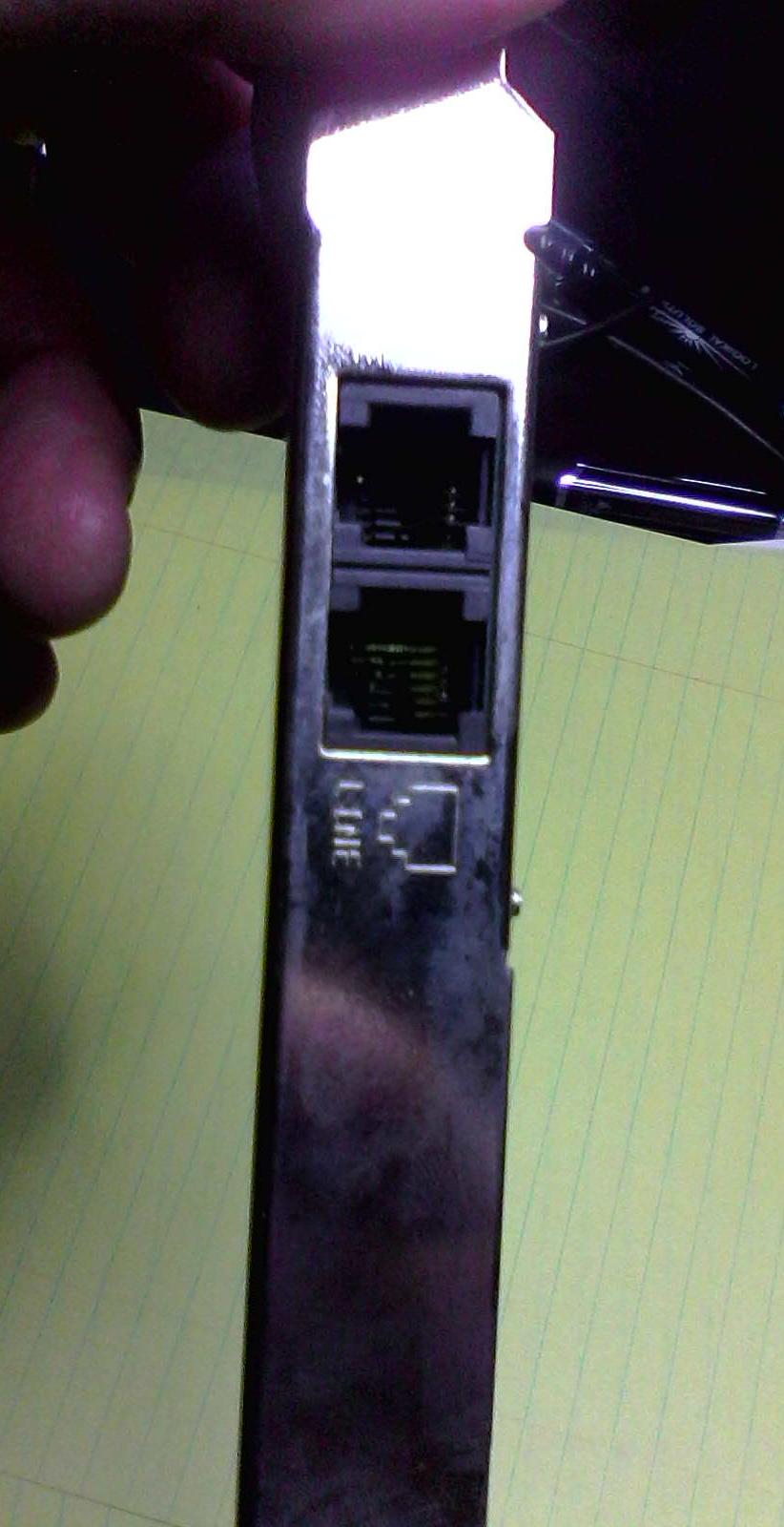I recently got around to reading an article in Time magazine which was ticking off major infrastructure projects the current administration needed to fund as part of its “Trillion Dollar Infrastructure Package.” Yes, they talked about bridges and sewers and lead water mains, but they also talked about Internet infrastructure. Within the article were some rather shocking statistics. Roughly one quarter of America has no access to broadband Internet. Roughly one third living in areas where broadband is available but their incomes are so low they cannot afford it.
When you total it up that is somewhere near half of America which does not have broadband Internet. Yes, the one quarter number is geographic, not population based, but still, it’s a lot. Many of those communities are also poor. If their school had broadband they could save tons of money on textbooks and such by handing out sub $100 2-in1 or laptop computers. The only really problem with the idea is that kids would not be able to do their homework unless the text books were directly loaded onto the laptop instead of a “shared” portal on the school computer. Why? Because they have no Internet access at home.
A good many people put forth the mantra that a good education lays the foundation for success.
There may well be merit in that statement and there definitely are examples of high school and college dropouts who became billionaires, but the days of being able to graduate high school and get a good paying factory job have long since left this country. Even trades jobs have dried up. More and more trades are requiring some computer knowledge as equipment becomes more integrated with computers. Many of the construction and trade jobs will soon be overtaken by deep learning robots so the “general labor” market is being reduced.
I actually supported the Obama Administration’s push to have the Internet declared a basic required infrastructure just like telephone, electricity, water and sewage. Wired telephones are slowly being replaced by mobile phones so much of the infrastructure currently in place will begin to rot from neglect. It is difficult to justify repairing phone lines which have no customers on them.
Why the Line Access Tax (or whatever it is called) which pays for 911 services around the country hasn’t been levied on mobile phones is still a mystery to me. The bulk of the country is dropping land line phone service. This is a trend which will continue, not reverse. Consumer Cellular and other companies have plans for $20 or less per month. This is less than basic phone charge for a land line. Right now the only people with land lines are people too old to change their ways or people living in mountainous regions where cell service is unreliable/non-existent or people with no broadband access.
How many of you even recognize the featured image of this post? That is a generic modem card which fits in a slot of some desktop computers. I had it laying around because it is in a drawer full of old PC cards I rarely look at. All of my external and PCMCIA modems have long since found their way to electronic recycling.
Oddly enough, if you set up and old DOS based BBS (Bulletin Board System) with Courier 14.4 HST modems configured to not fall back to other standards, you now have a secure file transfer and communications system. Yes it is slow, but, there are only a handful of those modems left around. I don’t remember what the configuration string was, but I remember you could send it to the modem and it would not fall back to other speeds and standards when negotiating. I guess you could use the newer ones and configure them for HST only as well.
We have DVD by mail services dropping like flies and customers which cannot participate in the “streaming” services. If businesses get their way these customers will _never_ get access. Officially making Internet access a required fundamental service and regulating it to enforce access is the only way to make that happen.
So, given this blog is by a bunch of authors who are mostly sharing their thoughts with authors and people who wish to become authors, why does this post matter?
Quite simply because this is somewhere north of 33% of the English language American market which doesn’t even have access to that unedited hunk of trash you hurled up for sale on Amazon. Unless that title is physically printed and stocked in a rural store they happen to venture into, they will never know of your title. You can forget using Google adwords because they don’t see them either. Granted, at least 10% couldn’t afford your paperback, but they could read it if their local library had access to it. How many of you printed a library quality binding and actively marketed to libraries? Don’t all raise your hands at once now!
Oh, you think because you hurled your electronic only version up via some service which put you in a library lending system that this portion of the market will be able to find your book that way? Think again. They can’t afford the eReader. All you really did there was cost yourself sales to customers which already own some form of eReader. You really don’t care about eating and living in-doors anyway do you?
What? You think those dial-up only customers will find you on Amazon? Just trying surfing the Amazon Web site with a 14.4 modem. Get yourself a hot cup of tea when the page starts loading all of those graphics and animations then take a sip when the page finishes loading, it will be cold then. Dial-up users long ago learned to avoid sites with heavy graphics and animation. Those portions in America which do not currently have access to broadband Internet also seem to be under that 4 Billion umbrella Zuckerberg is trying to connect.
Now, I understand the current book market is flooded with wanna be authors who think that unedited hunk of trash they hurled up to Amazon is a never expanding lottery ticket “gonna make them rich!” Today’s publishers and agents (for those with no choice but trying the traditional route) don’t accept physical manuscripts. They need a query email then they ask for a chapter or two in electronic form.
Yesteryear, before Amazon.com was a septic tank full of unreadable mobi formatted shit, there was a single mother about to be kicked off of benefits hand writing a novel in a coffee shop. She then mailed this handwritten novel to an agent who read it, was impressed, had it typed up then shopped it around. You all know of this single mother and her books: J. K. Rowling and the Harry Potter stories.
Visit this link if you want to check some publishing dates. Given a standard 2 year lead from publisher buying a property to physical release this box of paper in the post event occurred some time in 1993. Today J. K. Rowling would be kicked off of benefits and starve. Today she would not find an agent willing to accept a handwritten manuscript. Today she wouldn’t find an agent willing to open a handwritten query letter. Today the world would be denied Harry Potter.
True, some libraries will let people camp at a computer for hours on end during normal working hours, but not all. Most require people to sign up for access in one hour or less slots, or at least they did. I haven’t been in a library in a long enough time to know if they even offer use of computers with Internet access. They ought to get all freakafied if they see you trying to connect some form of removable media. I mean people trading floppies were how DOS viruses got into most work computers back in the day.
While most of us take typing for granted, I had to learn it in high school. It was the same business course which taught shorthand. I couldn’t remember even the slightest bit of shorthand today, but I could both write and read it at graduation time. I write many thousands of words per day now, but, barely made the 35 WPM minimum to pass that class. Do schools even teach typing today or do they all assume parents buy kids devices and they figure it out on their own?
Somewhere there is an impoverished person handwriting a story right now. It’s a good story. Like Harry Potter it will create an entirely new genre by reviving and blending a few forgotten ones. It will be many 3-ring binder or legal pad pages long and it will be captivating. It will also rot in a box because the digital divide stops them from obtaining any form of publication. The human species won’t know just how much they lost or how much worse off they are for having lost it.


